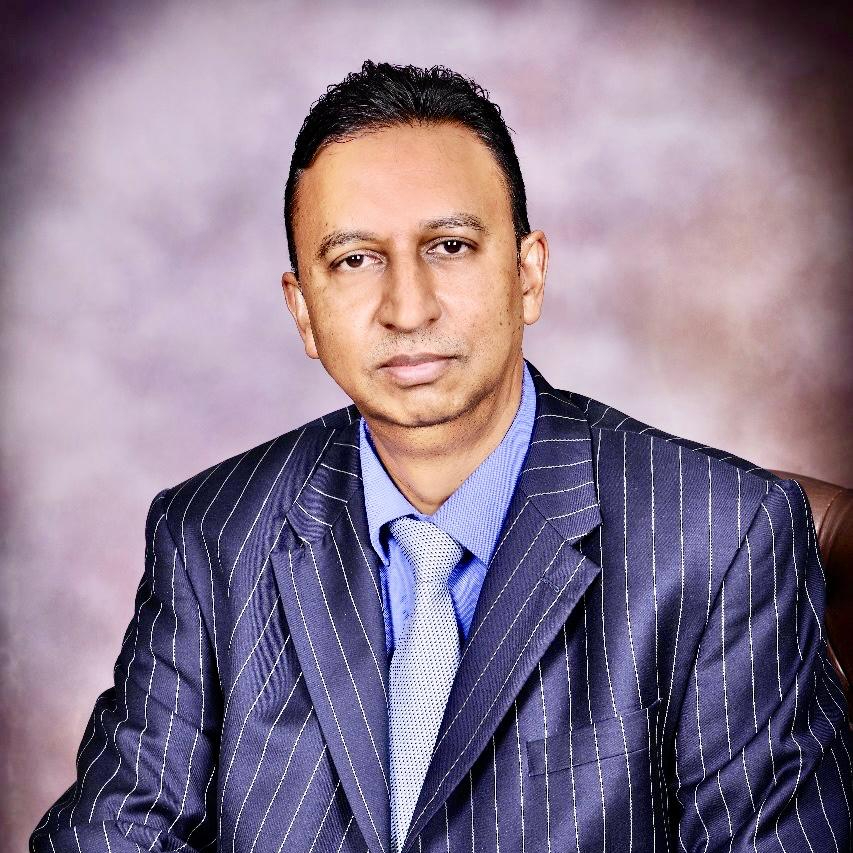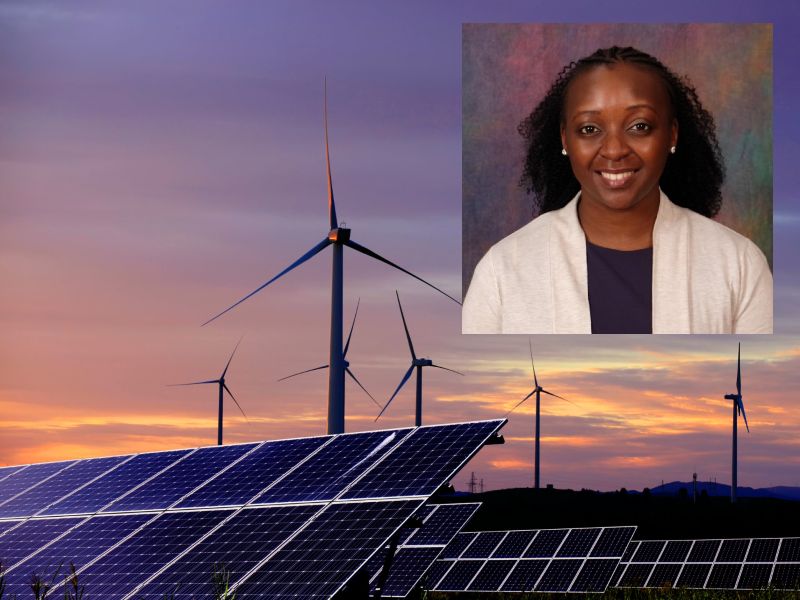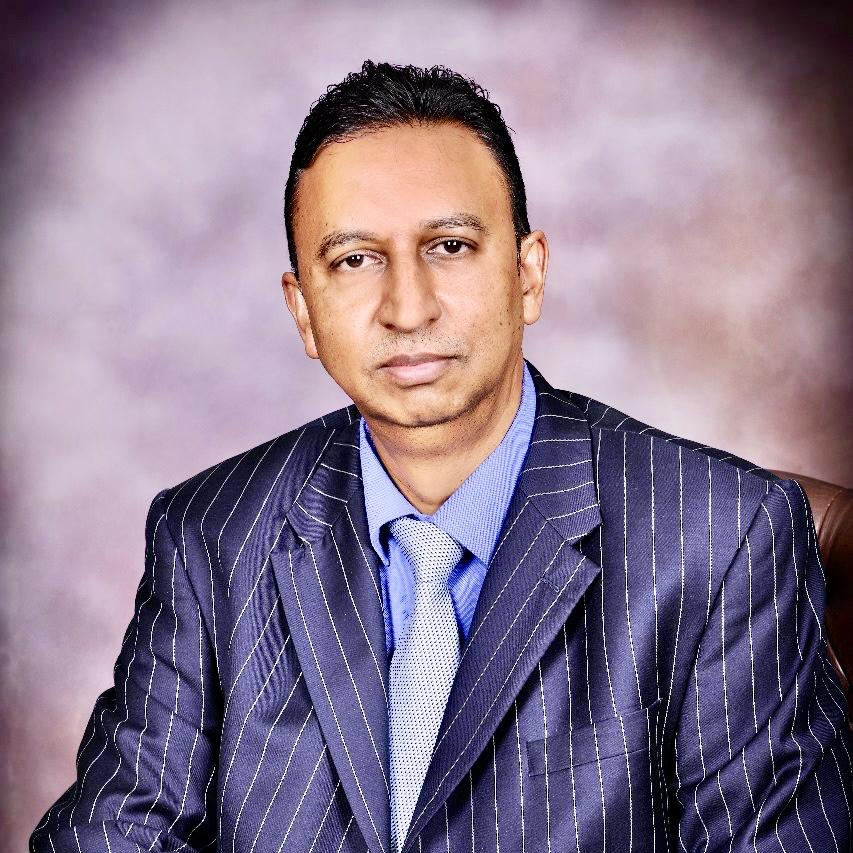Episode Transcript
[00:00:01] Hi everyone, and welcome to another episode of the ESI Africa Podcast. I am your favorite power and energy guru, Professor Valley Pariachi, broadcasting from the vibrant and dynamic country of Singapore.
[00:00:16] Today, we are diving into an increasingly critical discussion open Powering the Future, Redefining Africa's economic energy transition.
[00:00:29] We'll explore the realistic potential for Africa to achieve 100% net zero emissions by 2050, whilst addressing the urgent need to provide electricity to the approximately 600 million people currently without excess.
[00:00:49] The prospect of Africa transitioning to fully renewable energy sources is indeed compelling, especially considering the potential for significant economic savings and job creation in the energy sector.
[00:01:05] The notion that Africa could save trillions of dollars and generate millions of jobs through a shift to renewable energy is exciting.
[00:01:16] However, is this optimism fully warranted?
[00:01:20] Whilst leapfrogging over fossil fuels to achieve cleaner energy solutions sounds ideal, we must critically assess the feasibility of this ambitious goal. Given the continent's unique challenges, it's crucial to recognize that renewable technologies such as solar and wind have experienced substantial cost reductions, but they come with inherent limitations. For instance, the energy density of renewables is significantly lower than that of fossil fuels, necessitating larger land areas for equivalent energy production. As an elaboration, the energy density of renewable sources like solar and wind is significantly lower compared to fossil fuels such as coal, oil and natural gas and nuclear energy fuel. For instance, coal contains roughly 24 megajoules of energy per kilogram, whilst typical solar energy yields an average of just 3 to 5 megajoules per square meter per day, depending on regional sunlight conditions.
[00:02:31] This disparity means that to generate equivalent amounts of energy, renewables require substantially more land area.
[00:02:41] For instance, vast solar farms or extensive wind turbine fields are needed to capture and convert energy effectively and efficiently, which can lead to land use conflicts, especially in densely populated or ecologically sensitive areas.
[00:03:01] Beyond that, many parts of Africa, particularly outside of South Africa, still lack the developed electricity grid necessary for efficient energy distribution.
[00:03:15] The intermittent nature of renewable energy sources significantly impacts their reliability.
[00:03:20] Solar generation is limited to daylight hours and can be hindered by adverse weather, whilst wind energy production is variable.
[00:03:30] To address these challenges, robust energy storage solutions and backup systems must be developed. However, this infrastructure can impose considerable financial burdens.
[00:03:42] Given Africa's total population of approximately 153-billion. With around 600 to 650 million people lacking access to electricity, it becomes clear that the need for dependable energy supplies is critical.
[00:03:58] Relying solely on renewables might impact industrial growth and overall economic development.
[00:04:06] Furthermore, meeting the financial demands for upgrading and modernizing the energy grid estimated at around 100 billion USD annually. To achieve universal excess by 2030 requires focused management of available resources.
[00:04:26] Moreover, let's consider the humanitarian implications.
[00:04:30] Historically, wealthier nations have navigated various energy transitions that facilitated their growth and development.
[00:04:40] In contrast, Africa's underdeveloped infrastructure continues to perpetuate cycles of poverty and restrictions. Opportunities for progress Indoor air pollution resulting from the use of traditional biomass gas contributes to approximately 4,3 million deaths annually.
[00:05:02] This underscores the pressing need for comprehensive solutions rather than superficial fixes like providing solar quickstoves which only address fragments of the overarching energy crisis.
[00:05:17] If foundational infrastructure gaps remain unaddressed, we risk continuing to offer short term solutions that fail to empower communities sustainably.
[00:05:31] Understanding Africa's diversity is essential.
[00:05:35] With 54 countries each facing unique energy needs and economic realities, a one size fits all approach can be misleading. Whilst Africa represents over 18% of the global population, its share of primary energy consumption remains Critically low, actually around 3,4% as of 2022.
[00:06:04] This significant disparity calls for tailored energy pathways that not only prioritizes sustainability but also directly addresses the immediate socio economic challenges.
[00:06:20] In this light, decoupling the ambitious net zero 2050 targets from providing immediate energy access can provide a more pragmatic pathway. I repeat, decoupling the ambitious net zero 2050 targets from providing immediate energy access can provide a more pragmatic pathway.
[00:06:47] How does Africa avoid energy poverty?
[00:06:50] Decoupling ambitious net zero goals from the urgent need for energy access prioritizes energy poverty alleviation.
[00:07:01] Without immediate actions to improve access to electricity, the risk of entrenching systemic poverty and limiting economic opportunities persists.
[00:07:15] This approach can facilitate a stronger focus on accelerating electricity availability for the 600 million people currently without excess.
[00:07:26] By prioritizing energy access and gradually integrating renewables into the energy mix, Africa can leverage its existing resources more effectively and efficiently.
[00:07:40] Furthermore, achieving net zero emissions realistically requires a blended strategy involving both renewable energy and transitional fossil fuels.
[00:07:54] Developing a modernized smart grid capable of adapting to renewable energy technologies whilst ensuring reliable and equitable distributions across the continent is critical, pursuing the idealized vision of an energy transition without solid foundational planning and resource allocation could lead to more challenges than it solves.
[00:08:25] In conclusion, whilst striving for a fully renewable future is commendable, it is vital to approach this goal with an understanding of Africa's specific landscape and the pressing challenges it faces.
[00:08:48] As we redefine the narrative of leapfrogging, it becomes clear that comprehensive planning is essential.
[00:08:57] Otherwise we risk leaving millions without the energy excess we so desperately need for survival and advancement.
[00:09:11] Thank you for tuning into today's episode of the ESI Africa Podcast. I encourage you to thoughtfully consider energy solutions for Africa and engage with the diverse perspectives shaping our path to a sustainable future.
[00:09:32] Don't forget to join us next time for more insightful discussions on pressing energy and power issues. Until then, keep questioning and stay informed. This is your favorite power and energy guru, Professor Vali Pariati, signing off from Singapore. Ciao for now.


